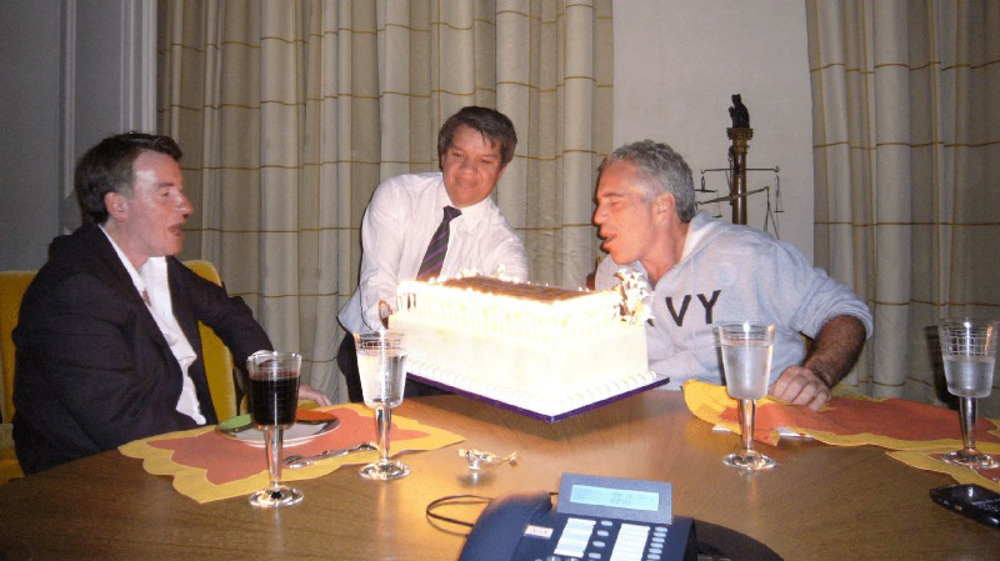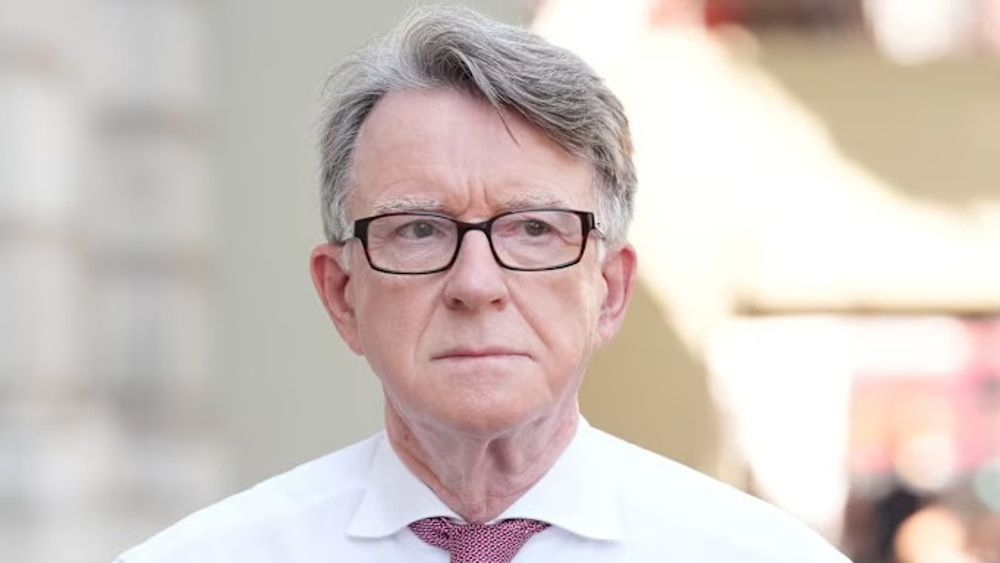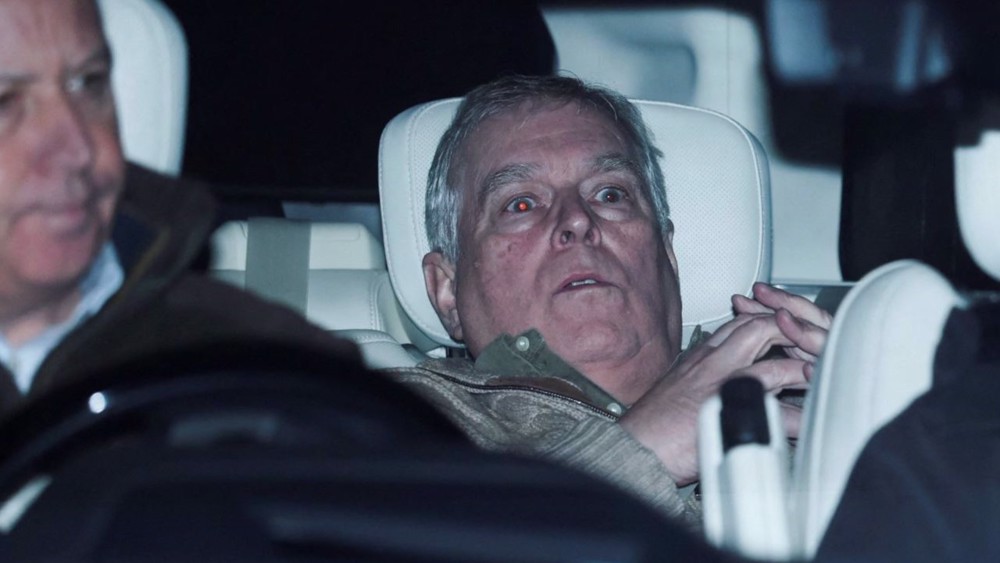11 more Labour MPs quit Corbyn's shadow cabinet
Britain’s opposition Labour party has further plunged into crisis as 11 more frontbenchers resigned to pile more pressure on party leader Jeremy Corbyn to resign in the wake of the Brexit vote.
On Monday, eleven MPs rounded on Corbyn’s leadership, joining the 12 shadow cabinet ministers who resigned on Sunday.
Shadow business secretary Angela Eagle, shadow defense secretary Maria Eagle, shadow secretary of state for energy and climate change Lisa Nandy and Owen Smith, the shadow secretary of state for work and pensions, were among the latest senior Labour politicians who resigned from the shadow cabinet.
Many of the Labour MPs have been critical of Corbyn’s leadership since he won the party's leadership contest last September. The criticism, however, hiked following the historic vote of people in the UK to leave the European Union.
Labour MPs now criticize Corbyn’s contribution to the Remain campaign and say they doubt Corbyn could lead the party to victory in 2020 general elections.
Also on Monday, Deputy Labour leader Tom Watson told Corbyn during a crisis meeting that he has “no authority” among MPs and that he will face a leadership challenge if he refused to quit.

According to reports, Watson told Corbyn that "it looks like we are moving towards a leadership election,” and that Corbyn should decide whether to face a "bruising" internal battle before the prospect of a "very tough general election.”
On Sunday, Corbyn said in a statement that he will not “betray the trust” of his voters, adding he would have to be defeated in a democratic election.
"Those who want to change Labour's leadership will have to stand in a democratic election, in which I will be a candidate," he said.
He also announced a cabinet reshuffle on Monday morning following the resignation of 12 of his shadow cabinet a day earlier.
Labour MPs Dame Margaret Hodge and Ann Coffey submitted the motion of no confidence in Corbyn and a secret vote is expected to be held on Tuesday.
The wave of resignation came after shadow foreign secretary Hilary Benn was sacked on Sunday morning after he told the Labour leader that he had lost confidence in his leadership.
On Thursday, some 51 percent of the people in the UK voted in the referendum to exit the bloc. Prime Minister David Cameron, who had campaigned extensively for the UK to stay in the EU, announced after the vote that he would be stepping down as the British prime minister in October.
The Brexit vote also led to the fall of the British pound to its lowest levels in 31 years, dropping below $1.35 for the first time since 1985.
The UK should invoke Article 50 of the EU Lisbon Treaty in order to set out a two-year timetable for negotiations on withdrawal.
Cameron, however, said on Friday that it would be up to his successor, who is expected to be appointed before the Conservative Party conference in October, to trigger negotiations for the exit from the union.
Ansarullah mourns Leader's martyrdom as 'great loss' caused by 'most wretched terrorists'
Hezbollah offers condolences to Iranian nation over Leader’s martyrdom
US-Israeli strike targets IRIB facility; broadcasts continue
IRGC: Latest waves of Op. True Promise 4 led to tanker strikes, base shutdowns, heavy casualties
CENTCOM confirms US troops killed in Iran’s retaliatory strikes
China ‘strongly condemns’ US-Israeli assassination of Iran’s Leader
Iran sees no limits in defending itself after Leader's ‘dangerous’ assassination: FM
IRGC strikes USS Abraham Lincoln aircraft carrier with volley of ballistic missiles













 This makes it easy to access the Press TV website
This makes it easy to access the Press TV website